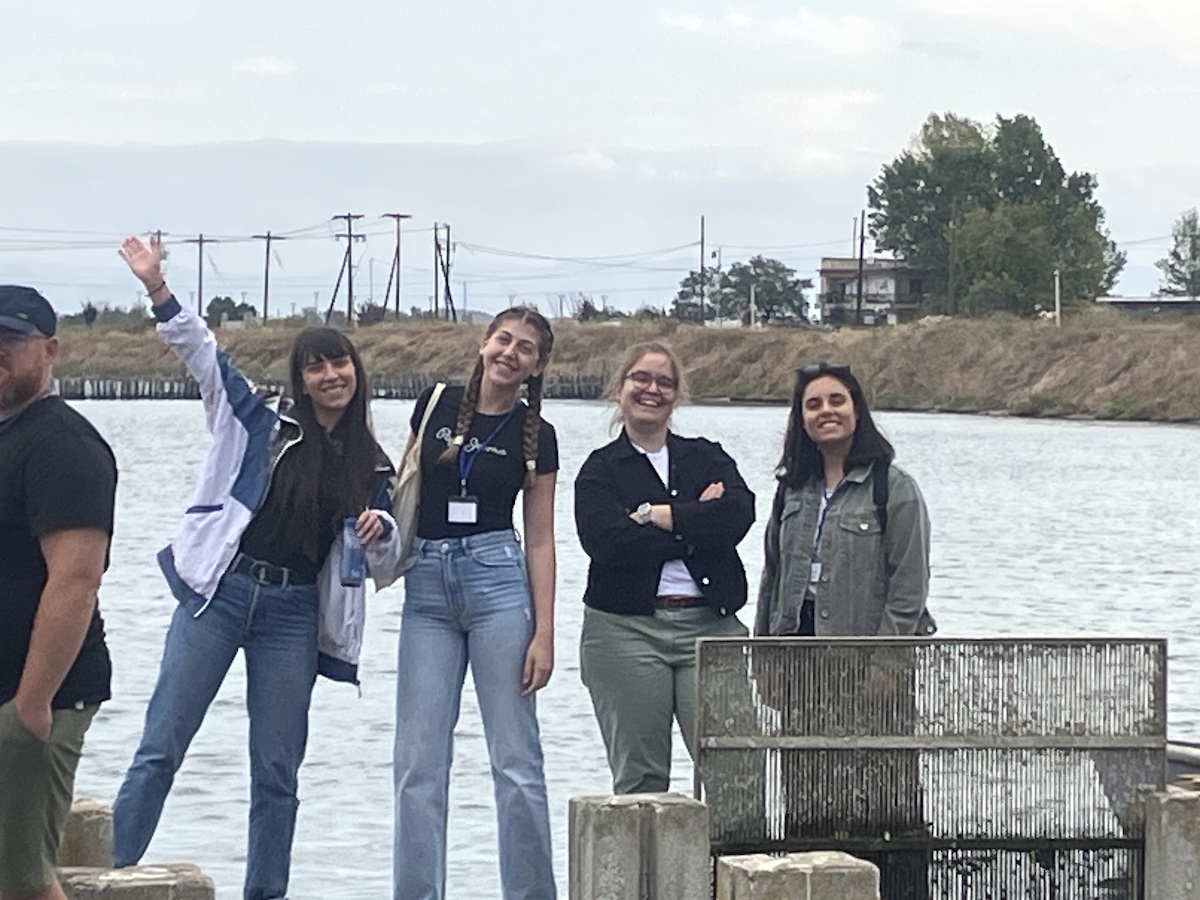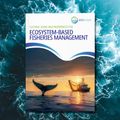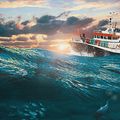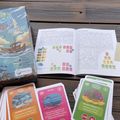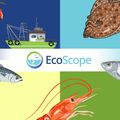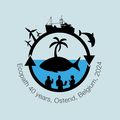EcoScope Summer School: A Deep Dive into Oceanography and Fisheries
The EcoScope Summer School, held by the EU-funded EcoScope Project in Nea Peramos-Kavala, Greece from September 25-29, 2023, brought together young scientists and professionals from around the world to learn about how oceanography and fisheries evolve and interact within the ecosystemic approach.
The program featured a mix of lectures, workshops, and a field trip conducted by top-notch staff from EcoScope Partners, Aristotle University of Thessaloniki (AUTH), which coordinates the project, and Democritus University of Thrace (DUTH) in charge of the platform development. The Fisheries Research Institute (INALE), although not an EcoScope partner, hosted the event and enriched the program with its unique and informed insights about the state of fisheries in the Aegean. The program was designed to give participants a hands-on understanding of the challenges and opportunities facing marine ecosystems today.
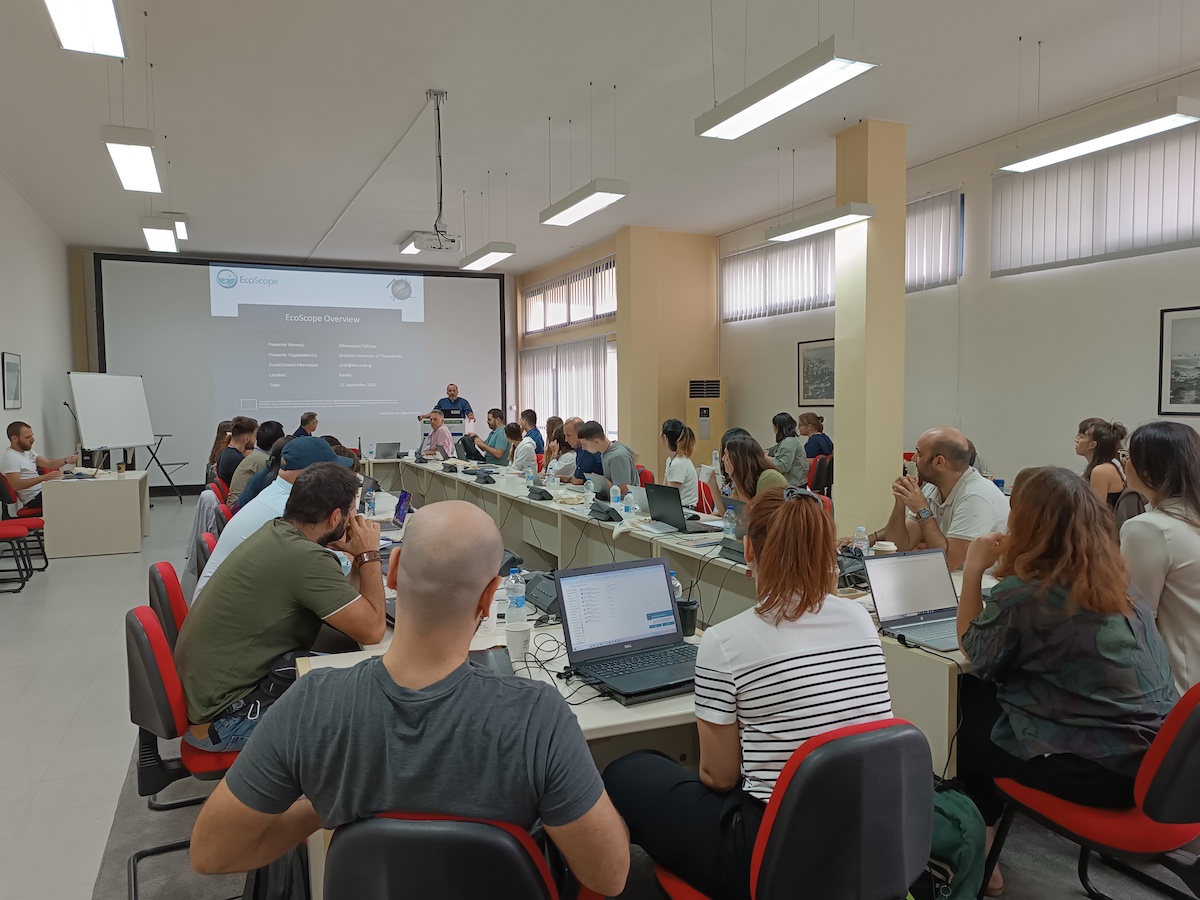
One of the highlights of the summer school was a day-long field trip to the coastal fisheries and coastal lagoons of the Nestos River Delta. The local Fisheries Cooperative members showed the Summer School participants the method they use to extract fish roe from mugilid species. They were also able to visit the fishing installation of the cooperative where blue crab, an invasive species, is caught. The visit to the Port of Keramoti gave them a glimpse of small-scale coastal fisheries in the North-East Aegean and the gear that local fishers use.
The main topics of the courses were sustainable fisheries management, marine conservation, and the impacts of climate change on marine ecosystems. A particular emphasis was placed on the latest research being conducted in the field of marine science.
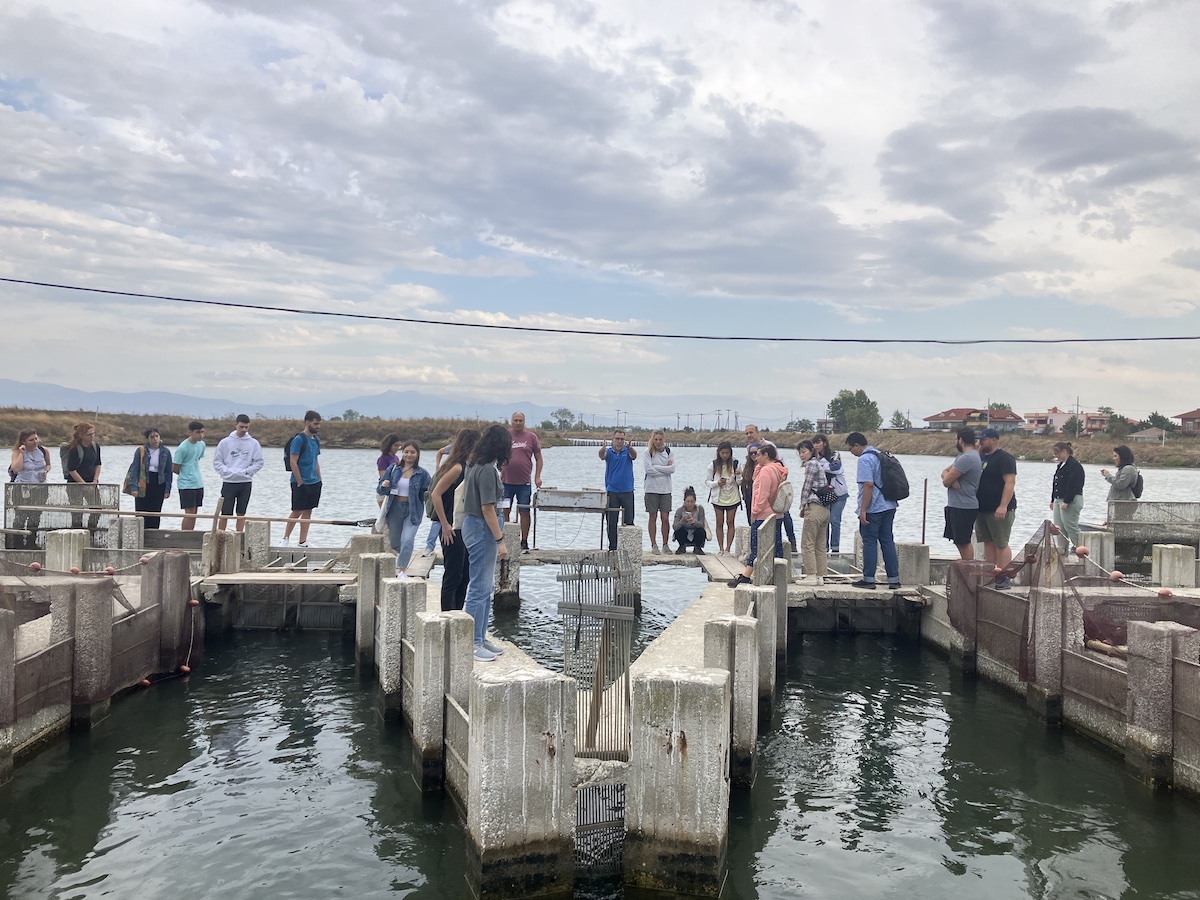
In addition to its educational value, the EcoScope Summer School also provided an opportunity for participants to network and collaborate with others who share their passion for marine conservation. The summer school was a valuable experience for all involved, and it helped to raise awareness of the importance of protecting marine ecosystems.
The event was widely covered by the local media, with its press release published in about ten outlets and the tutors invited to give interviews in several local radio and TV stations.
Innovation is Key to Sustainable Fisheries Management
According to a recent study carried out in the framework of the EcoScope Project, the implementation of innovation is a necessary condition for the sustainable and efficient management of European fisheries in the coming years. The study found that innovation can help to improve fisheries management in a number of ways, including:
- Reducing the environmental impact of fishing activities
- Improving the efficiency of fishing operations
- Increasing the value of seafood products
- Creating new jobs and economic opportunities in coastal communities
The EcoScope Summer School is one example of how innovation is being used to promote sustainable fisheries management. By providing students and professionals with the knowledge and skills they need to develop and implement innovative solutions, summer school is contributing to a sustainable future for European fisheries.
